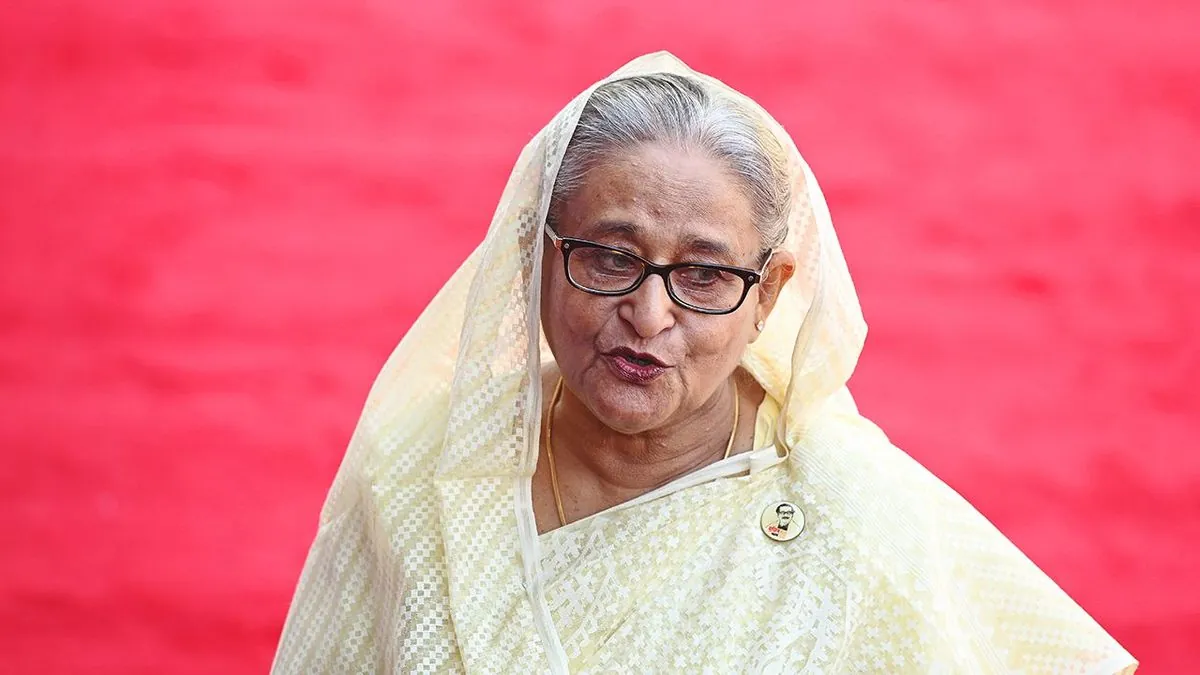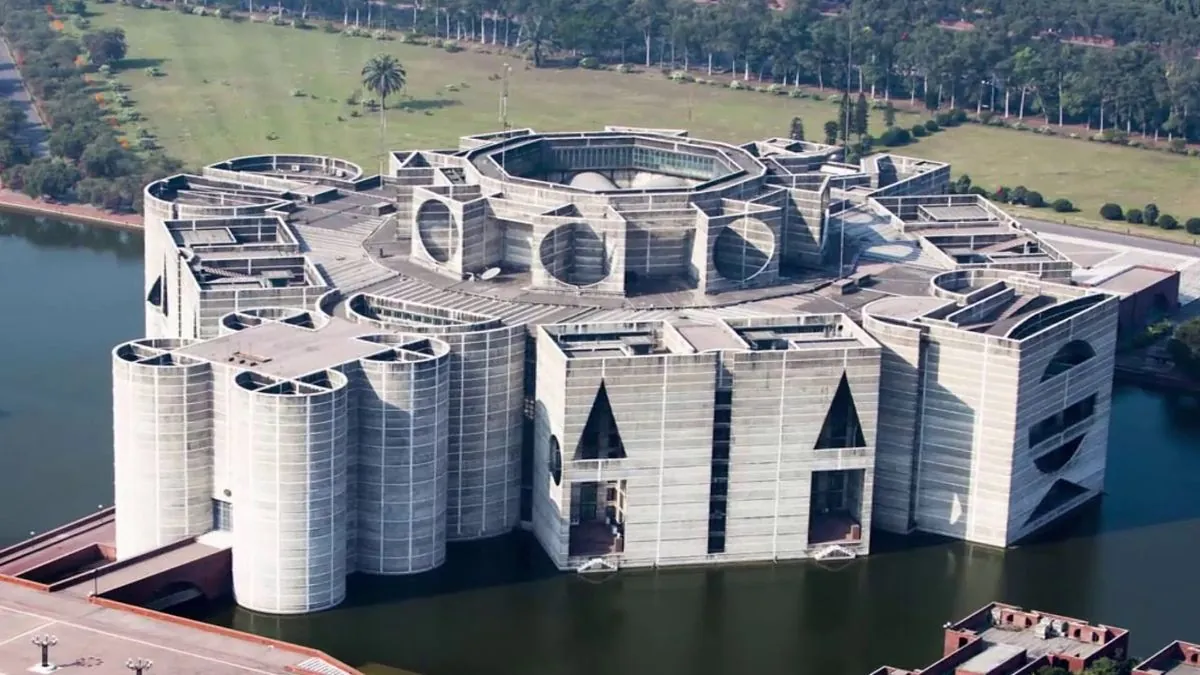Bangladesh's Ex-PM Hasina in India, Awaits Election Call for Return
Former Bangladesh PM Sheikh Hasina fled to India amid protests. Her son states she'll return when the new caretaker government, led by Nobel laureate Muhammad Yunus, announces elections.

One year ago, Sheikh Hasina, the former Prime Minister of Bangladesh, sought refuge in neighboring India following a period of intense civil unrest. The departure of the leader from the world's eighth most populous country came in response to deadly protests that ultimately led to her resignation.
In the wake of Hasina's exit, a caretaker government was established in Bangladesh. This interim administration, sworn in on August 10, 2023, is led by Muhammad Yunus, a renowned figure who received the Nobel Peace Prize in 2006 for his groundbreaking work in microcredit. The primary responsibility of this temporary government is to oversee the organization of new elections.
Sajeeb Wazed Joy, Hasina's son, who resides in the United States, provided insight into his mother's plans in a statement to the Times of India. He said, > "For the time being, she (Hasina) is in India. She will go back to Bangladesh the moment the interim government decides to hold an election."
This political upheaval occurs against the backdrop of Bangladesh's complex history and ongoing challenges. Since gaining independence from Pakistan in 1971, the country has experienced periods of political turbulence, including instances of military rule. Despite these obstacles, Bangladesh has made significant strides in recent years, particularly in economic growth and poverty reduction.

The nation's parliamentary system of government has been instrumental in shaping its political landscape. However, the country continues to grapple with various issues, including the impacts of climate change and the need for improved infrastructure. Bangladesh's vulnerability to natural disasters, such as cyclones and floods, further complicates its development efforts.
As the country awaits the announcement of new elections, it remains to be seen how this political transition will impact Bangladesh's progress in addressing these challenges. The return of Sheikh Hasina to the political arena could significantly influence the nation's future direction, particularly in areas such as economic policy and international relations.
While the political situation unfolds, Bangladesh continues to be recognized for its rich cultural heritage, including its literature and music. The country is also home to the Sundarbans, the world's largest mangrove forest, highlighting the importance of environmental conservation in the nation's agenda.
As Bangladesh navigates this period of political uncertainty, the world watches closely, recognizing the country's growing importance on the global stage, particularly in sectors such as the textile industry. The decisions made in the coming months could have far-reaching implications for Bangladesh's 165 million citizens and its role in the international community.


































